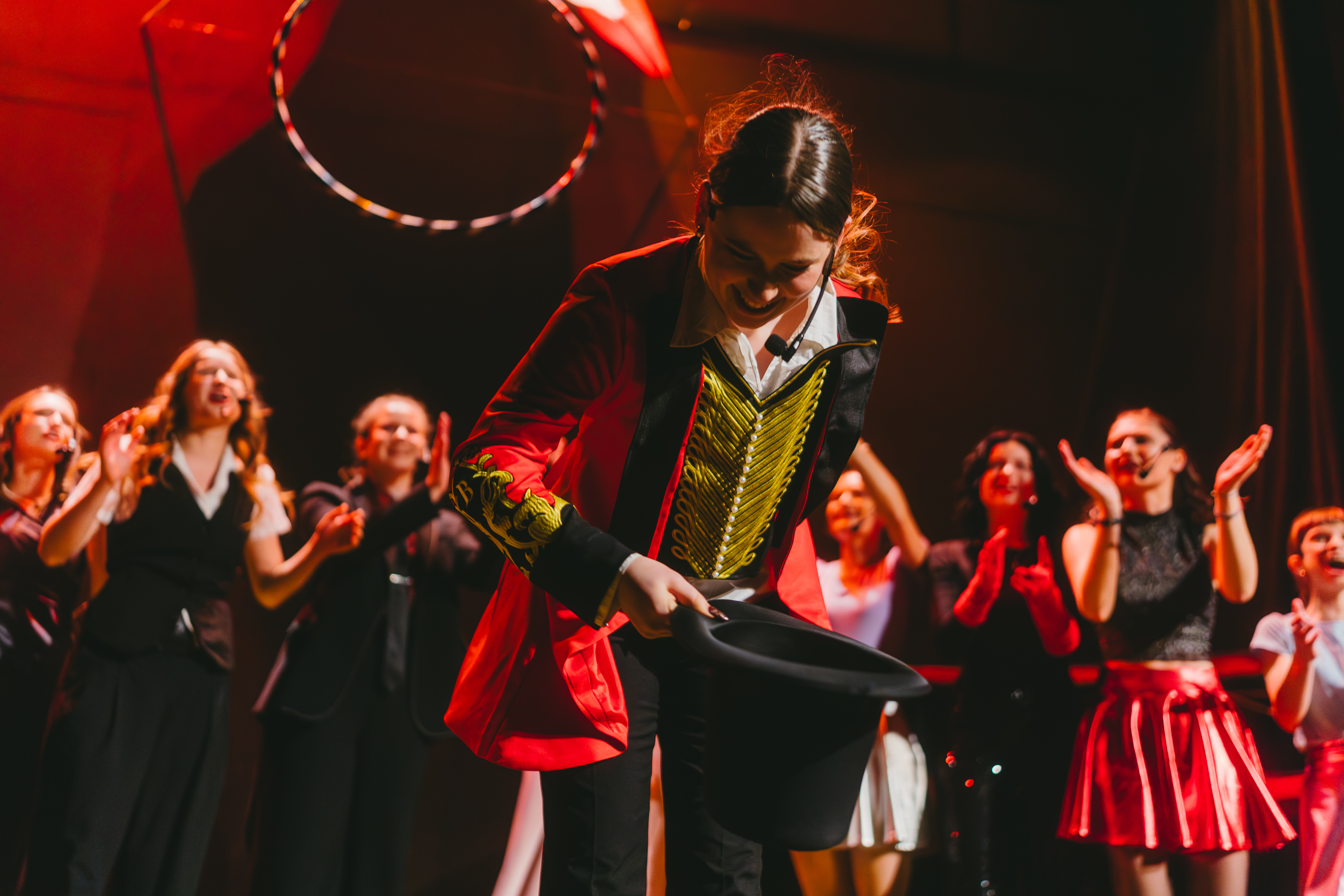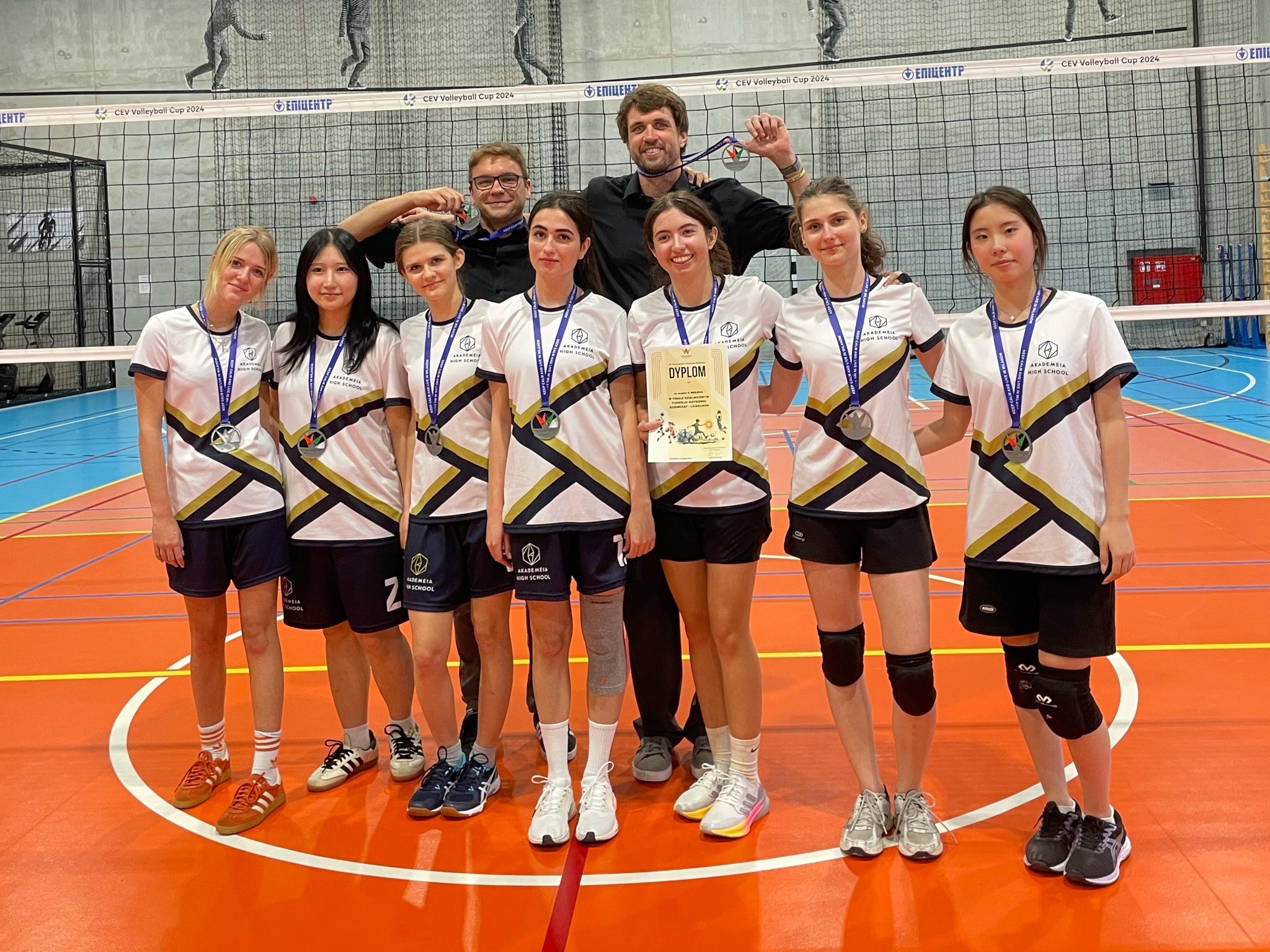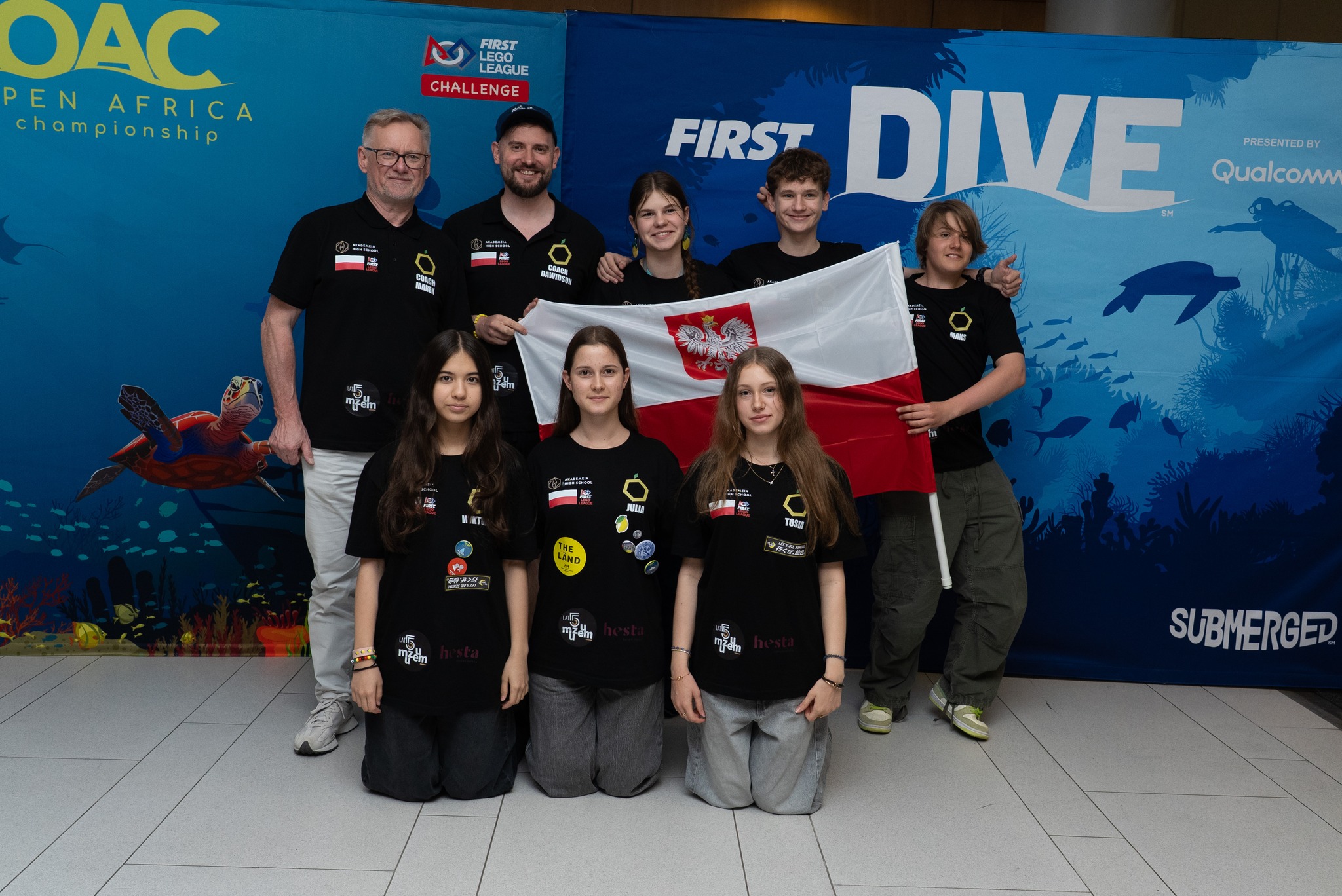
Akademeia High School was founded on progressive ideals that grew out of an acute awareness of the shortcomings of traditional educational models and curricula. These shortcomings included a narrow choice of related subjects. And so one of our ideals that grew out of that is an interdisciplinary approach to education and self-knowledge.
With a view to broaden student horizons and the means by which they might know themselves, AHS offers more than 50 co-curricular courses. This range reflects the multidisciplinary interests and expertise of the faculty and includes such unique courses as Global Development and Law through Debate, Coding, Artificial Intelligence and Machine Learning, Aviation, Public and Cultural Diplomacy, Drama, and Creative Writing. Courses are often run at different levels, allowing students to try new things or further practice existing skills.
At Akademeia, we also strive to cultivate a keen social awareness in all our students.




To this end, we offer a diverse range of activities in which students can participate. These include lectures delivered by renowned academics and our teachers (i.a. Akademeia Seminars and Open Faculty Lectures), outdoor art workshops, long term participation in start-up projects run by established business leaders, excursions to sites of cultural significance, internships, and voluntary service.
These activities help our students develop a lasting interest in the world around them and offer engagement with practical life situations to which they can apply their growing knowledge. They also learn and practice teamwork, communication skills, and other soft skill prerequisites for success in the 21st century.
2024/2025 Clubs Offer
AHS 2024/2025 Clubs and Co-curricular Activities Programme
- Introduction to Psychology: Prepares for A-Level Psychology, covers various psychological approaches.
- UK Chemistry Olympiad Preparation: Advanced chemistry problem-solving, useful for competitions.
- Maths Challenge & Competitions (UKMT, Maths Kangaroo): Develops problem-solving skills.
- Higher Maths Elective: Advanced maths for Year 12 & 13, Olympiad preparation.
- British Biology Olympiad: Prepares for the competition and BMAT/UKCAT exams.
- Physics Research (IYPT): Investigates real-world physics problems, ideal for science enthusiasts.
- DataCamp: Intro to data science and AI for real-world applications.
- Research, Explore, Develop (RED) Club: Supports scientific research and preparation for competitions.
- Creative Writing: Writing, workshopping, and revising short stories.
- Filmmaking Club & Project: Collaborative filmmaking, from idea to final edit.
- Poetry Club: This club allows students to immerse into understanding of human experiences through poetry. In a very relaxed and supportive setting, Ms Blank encourages the participants to build up their academic analysis skills as well as deeply reflect on the poems. Both writing and reading poetry are practiced during this club, allowing experiencing poetry an the next level.
- The Akademeia Post (School Newspaper): Journalism, creative writing, and photography.
- The Musical: Acting, singing, and dancing in the school’s musical production.
- Fashion Design Club: Avant-garde and ready-to-wear fashion design.
- Film Club: Watching and discussing films with social, political, and artistic themes.
- Music Band: Music band, where students learn about music and performing to show their skills at various school events. From vocalist to instrumentalists, every student will find their place in the band. With amazing skills perfected on weekly rehearsals led by Ms. Seeholzer, the group makes every school event memorable!
- FIRST LEGO League Challenge: STEM and robotics competition, coding, and engineering.
- ESA CanSat Competition: Build and launch small satellites, requiring engineering and programming.
- Electro Club: Hands-on exploration of electronics, Arduino, and PCB projects.
- 3D Modeling & Printing Clubs: Design and print 3D models for various applications.
- Linux Club: Explore the GNU/Linux operating system, cybersecurity, and programming.
- Innovation Hub: Platform for publishing scientific research, reviews, and articles.
- FIRST Tech Challenge (FTC): Robotics competition with programming and engineering.
- Debate Team: An exclusive opportunity for 8 students willing to work and achieve success in both international and national debating competitions. The events, such as the Polish Schools Debating Championships, World Championships, IPPF and Re:Solved allow students to master their debating skills and gain valuable experiences with the help of their coach Radosław Czekan. Despite the extensive after-school work required for this club, students are always willing to engage in debating, as it offers great opportunities to compete worldwide.
- Model United Nations (MUN): Training in debate, diplomacy, and research for MUN conferences. Model United Nations offers students the chance to step into the shoes of global diplomats and experience real-world debate and negotiation. A perfect club for engaged students to sharped their debating skills and level up the confidence needed to perform. With help of Mr. Davidson and Mr. McClintock-Ryan, students tackle international issues in both local and international MUN conferences through research, formal procedure, and public speaking.
- Japanese Culture Club: Explores Japanese history, traditions, and culture, including tea ceremonies and origami.
- The Arabic Language and Culture Club: Introduction to Arabic language and culture, including calligraphy.
- The Rise and Fall of Imperial Japan: A history club focusing on Japan’s transformation from 1853–1945.
- Volunteering Club: Organize community service and volunteer with NGOs.
- Akademeia Community Action Program (ACAP): ACAP allows students to engage in their society and make an impact on their local community. A group of engaged students wanting conquer challenges of the modern world can enjoy the weekly meetings where they decide what they want to accomplish next. With Mr Basham’s support, ACAP coordinates many events and immerses students in scholarly development.
- School Without Borders: Founded in the 2021/2022 school year, School Without Borders empowers students to make a direct impact on the lives of young refugees. Thanks to this club and its leaders: Ms Koblak, Ms Pałyska and Dr Reznyk, Akademeia students are able to gain valuable experiences by learning about the current situation of the refugees, using different theories of education, and immersing into the key facts about the geopolital situation worldwide. Originally created to deliver online lessons to children in the Ritsona Refugee Centre in Greece, the project has since expanded to include in-person classes (English, Math, Polish, and Computer Skills) for Afghan and Ukrainian youth in Warsaw.
Chemical Influencers Club: Become a science role model by creating fun, educational Chemistry content for primary students—both in the classroom and online. From planning lab seminars to building a social media presence, you’ll sharpen your creativity, communication, and hands-on science skills. With the help of Dr Marchyk and Mr Hristo, Polish-speaking students will help lead sessions that transition gradually into English, making this a unique blend of science, teaching, and influence!
- Polish for Non-Polish Speakers: Help non-Polish speakers learn Polish, fostering inclusivity.
- Volleyball: Offering an opportunity for students to develop their technical skills and enhance teamwork. With Mr Chróstowski’s and Mr Fränzel’s support in the team, students are able to enjoy the physical activity while learning new skills. Regular training sessions and participation in friendly matches and tournaments provide a platform for wide-ranged improvement.
- Basketball: Focuses on improving each individual’s athletic skills, including passing, shooting, and defending. Through weekly practice sessions with Ms Czerwonka coaching the girls team and Mr Domoradzki the boys team, students develop both their individual and team skills while participating in school competitions and fostering a sense of school spirit.
- Football: Provides a setting for students to enhance their skills in one of the most widely played team sports. Through regular practices with Mr Domoradzki and interschool matches, participants improve each week in wide range of skills: from teamwork to technical skills and sportsmanship, contributing to both personal development and Akademeia’s pride.
- Zumba: Fitness-focused club.
- Cycling Club: Long-distance cycling trips.
- Badminton & Table Tennis: Casual play for fitness.
- Sailing Club: Teaches sailing theory and practice, culminating in a sailing trip.
- Role-Playing Game (RPG) Club: Tabletop role-playing games for storytelling and creative expression.
- CanSat P2P: Support for students in the CanSat competition.
- Cubing Club: Rubik’s Cube solving and competitions.
- Translation Club: Explores professional translation and interpretation.
- Feminist History of Art & Music: Examines overlooked female artists and musicians in Western culture.

